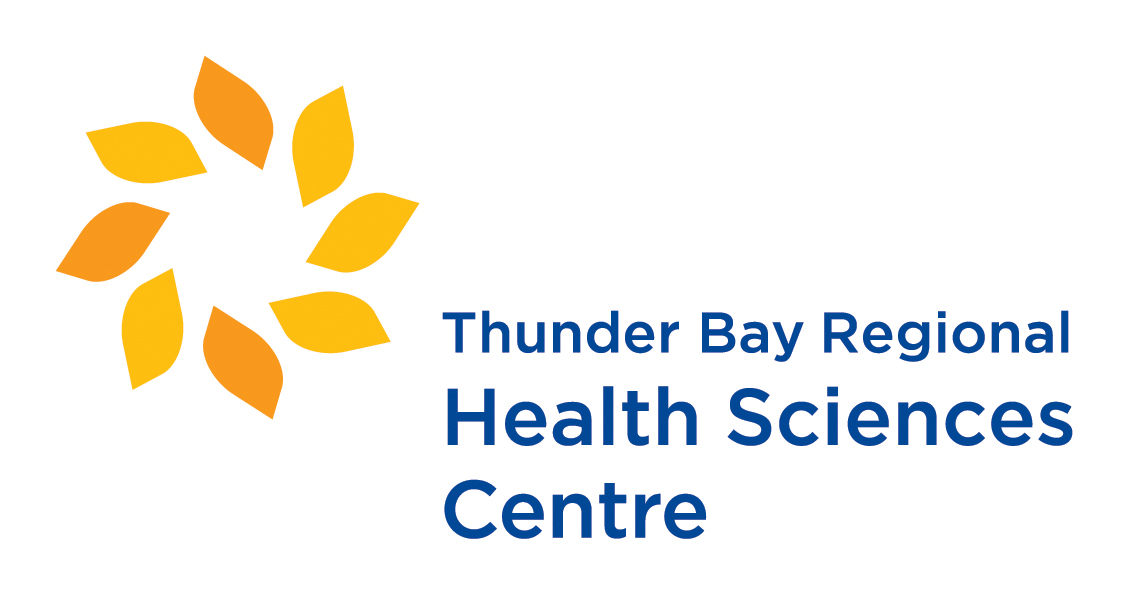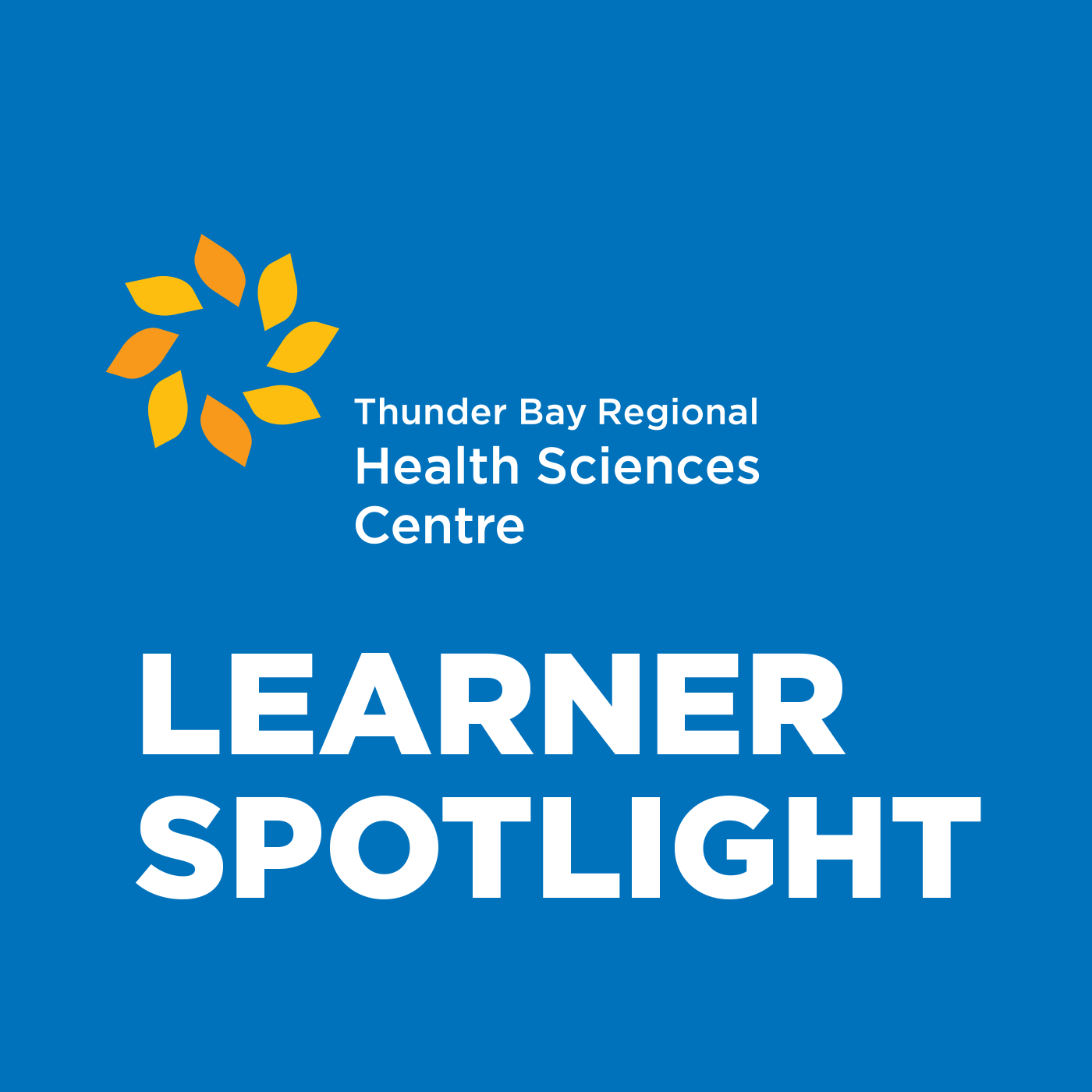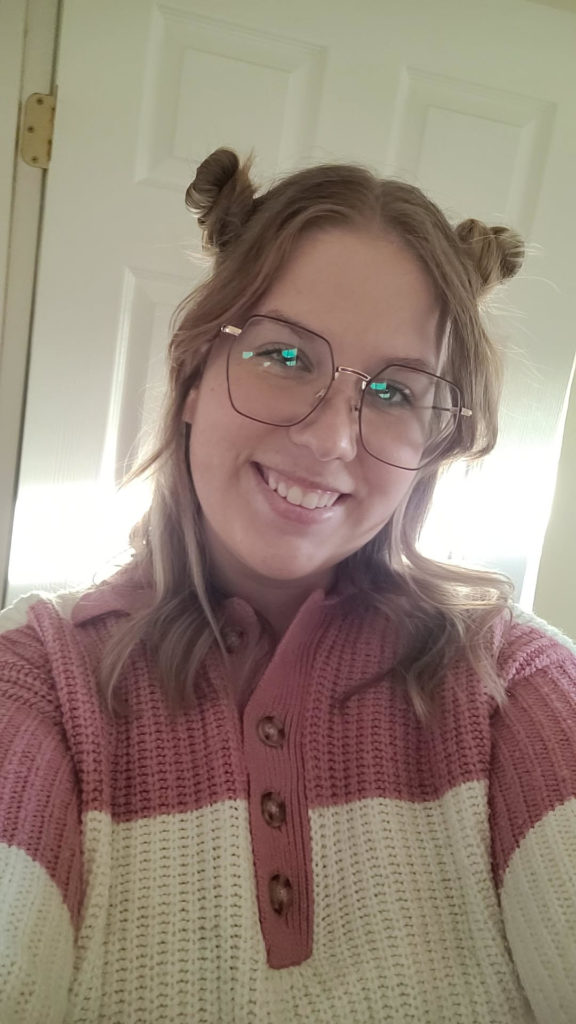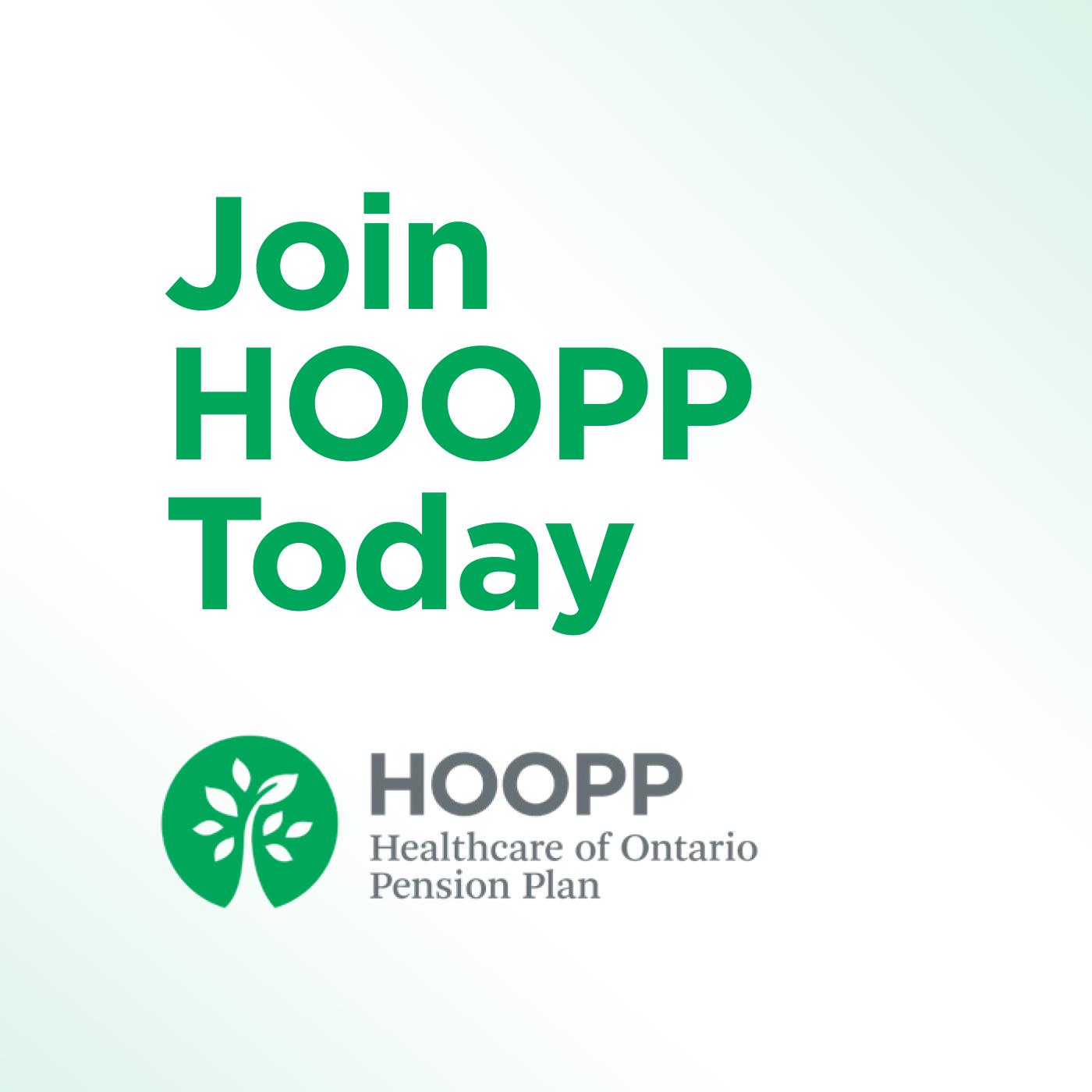Shared on behalf of Ryan Sears, Director, Capital & Facility Services
Please be advised the Thunder Bay Regional Health Sciences Centre (at the 980 Oliver Road location only) will execute a planned impairment of its entire Overhead Paging System and Fire System on Thursday, January 22, 2026 for approximately eight (8) hours – starting at 11:00 PM to facilitate project related work for the MDRD Renovation.
Our Facilities and Security teams will be enacting and overseeing our Fire System Impairment and Fire Watch procedures, as included in the Fire Plan for our site.
During this impairment, no Hot Work will be authorized. Further, any high risk work that could result in an elevated risk of fire, heat, or smoke should not be planned – please review this within your department and plan to discontinue high-risk activities (i.e. construction, repairs, hot showers, etc). Should you observe activities that may be of concern during the impairment, contact your Supervisor or Manager to discuss.
While the Hospital’s Overhead Paging System is out of service, alternate measures will be applied to notify the organization of Emergency Codes and Alerts. Staff will continue to activate all Codes using extension 55. Please see the attached policy for guidance.
Key things to remember during an outage:
- Regularly monitor email for emergency code and alert notices issued by Switchboard.
- Respond to emergency codes and alerts through alternate communication measures, e.g., paging, radios, emails, runners, etc., as appropriate – and activate response as required.
- Be vigilant in reviewing department activities during the period of fire system impairment.
- Clinical leads are encouraged to collaborate with their teams to consider alternatives to paging patients back to units, such as collecting Patients’ mobile phone numbers.
Further, in event of fire during this impairment, please execute all steps as outlined in Code Red Policy (EMER-30) and your area sub plan. Should you discover a fire – “REACT”:
R – Remove persons in immediate danger
E – Ensure doors are closed to confine fire or smoke
A – Activate the fire alarm by pulling the nearest pull station
C– Call Switchboard at Ext 55 to report the location of the fire
T– Try to extinguish the fire if trained to do so or continue to evacuate
The contractor for the fire system work is Troy Life & Fire Safety. The Building System Operator is onsite and reachable at cell number 807-629-7005. Further support will be provided by Security (684-6509) and the on call Facility Manager (cell number 807-629-3119) as required.
If you have any questions or concerns regarding the above, please contact Ryan Sears.











